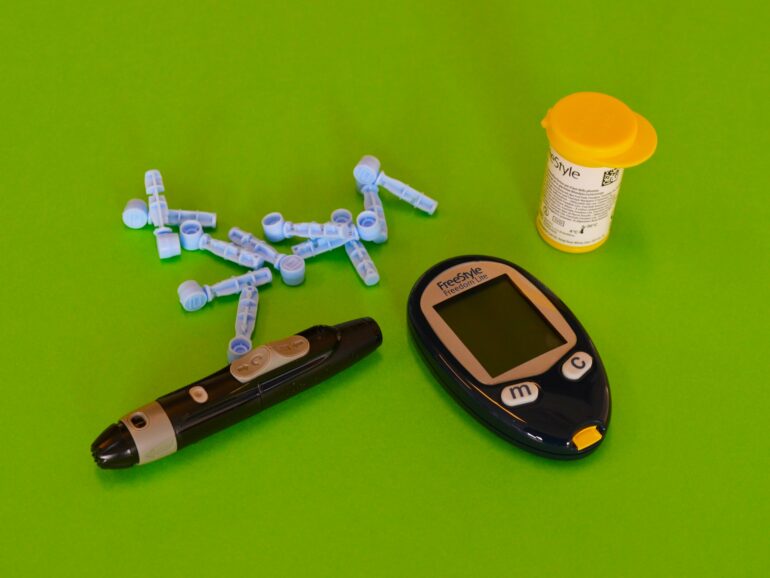People diagnosed with type 2 diabetes before 40 years of age, have nearly four times the risk of death compared with the general U.K. population, a new study carried out at the University of Oxford’s Radcliffe Department of Medicine has found.
The study, now published in The Lancet Diabetes & Endocrinology, assessed whether complications and mortality rates differ for younger-onset type 2 diabetes compared with those who are diagnosed at an older age.
It found that while adults with later-onset type 2 diabetes have a one-and-a-half times higher risk of death compared with the general population, this was much lower than the increased risk of death in people who are diagnosed at a younger age.
“Over the past 30 years, the number of young adults diagnosed with type 2 diabetes has increased markedly worldwide,” said Amanda Adler, co-author and Professor of Diabetic Medicine and Health Policy at the University of Oxford.
“Evidence to date suggests that younger-onset type 2 diabetes, characterized by earlier and longer exposure to high levels of blood glucose, may be more aggressive than later onset disease. This might include faster deterioration in β-cell function—the cells in the pancreas that produce and release insulin- and a greater risk of complications such as cardiovascular and kidney disease.”
Younger age associated with higher risk of complications and death
Researchers analyzed the landmark UK Prospective Diabetes Study, tracking 4,550 participants aged 25 to 65, who were newly diagnosed with diabetes, over a 30-year period.
They found that people who were diagnosed with type 2 diabetes at a younger age had a higher risk of death, and a higher rate of diabetes-related complications, particularly microvascular disease such as eye damage and kidney failure. A lower age of diagnosis was also associated with persistently poorer blood sugar control.
High-quality care crucial for young adults with type 2 diabetes
Lead author of the study Dr. Beryl Lin from the University of Sydney and Honorary Research Associate at the University of Oxford’s Radcliffe Department of Medicine said, “Our data supports the need to proactively identify young adults with type 2 diabetes and provide high-quality care over their lifetimes.
“We urgently need clinical trials focused on young people to develop tailored treatments which prevent or delay complications, like kidney and heart disease, and crucially, reduce the risk of premature death.”
The researchers warn that earlier and longer lifetime exposure to high blood sugar in young adults with type 2 diabetes may further increase the risk of complications and shorten life expectancy.
“We particularly need to understand why young adults with type 2 diabetes suffer greater risks of complications, and how we can identify and help this vulnerable group of people who have to live with diabetes for the rest of their lives.” added Dr. Lin.
More information:
Beryl Lin et al, Younger-onset compared with later-onset type 2 diabetes: an analysis of the UK Prospective Diabetes Study (UKPDS) with up to 30 years of follow-up (UKPDS 92), The Lancet Diabetes & Endocrinology (2024). DOI: 10.1016/S2213-8587(24)00242-0
Provided by
University of Oxford
Citation:
People under 40 diagnosed with type 2 diabetes have mortality rate four times higher than general population: Study (2024, October 24)



